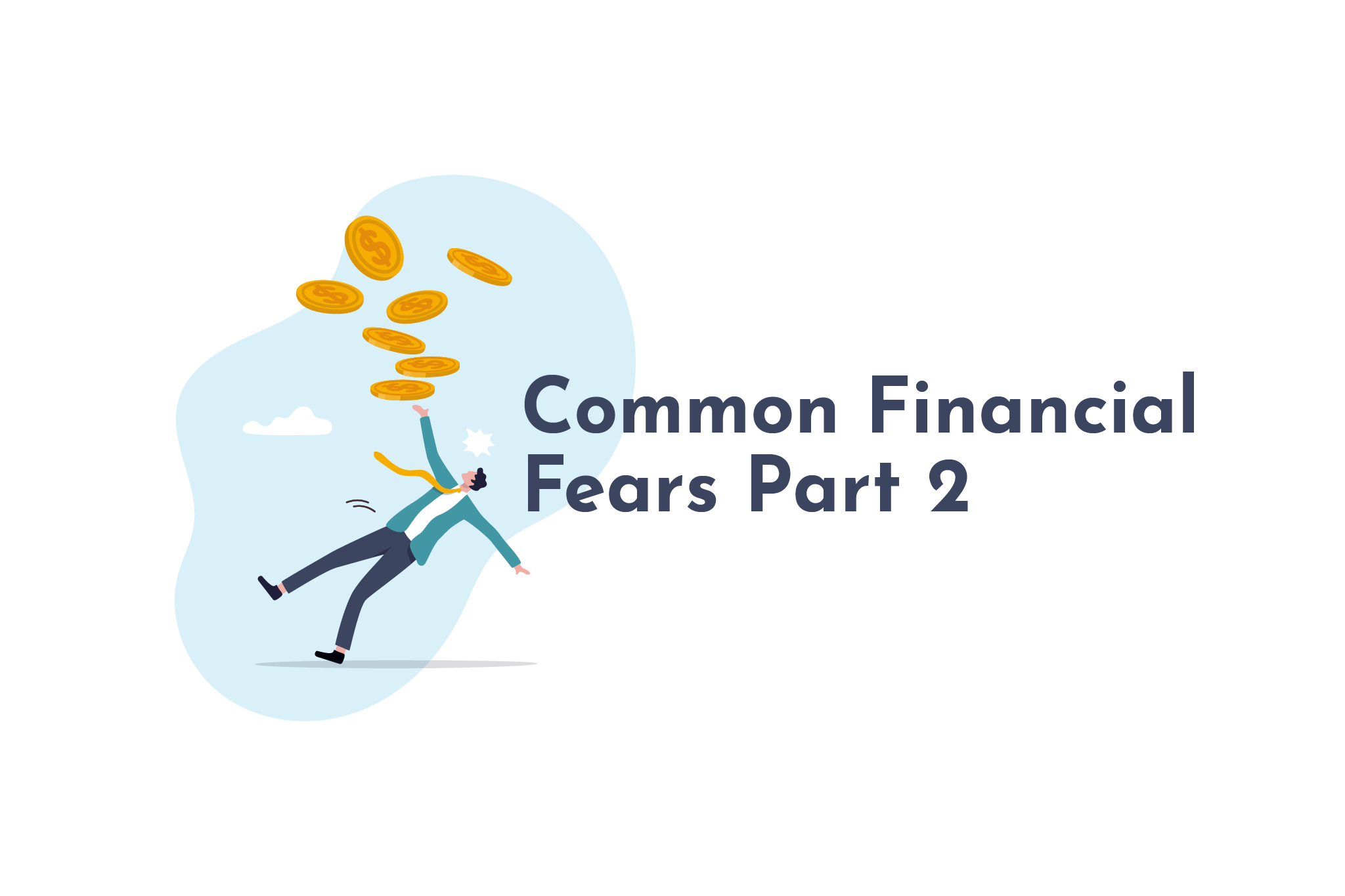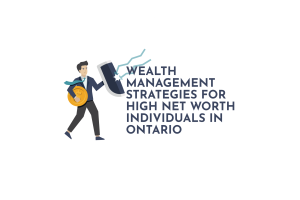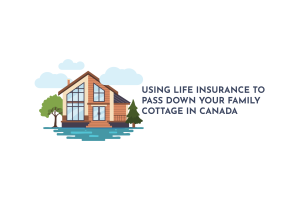We’ve had the chance to discuss a few different aspects of financial planning and recently talked about the idea that there are common fears that people face when they create their financial plans. We went into depth in a previous post about the fear of falling short when you are planning for retirement. This is the fear that you will outlive your money and won’t have enough to support your dream retirement. Aside from this, there are a few other common fears that come up during the financial planning process. Remember, a full financial plan is going to include some risk management strategies. The discussions around these areas are what will often lead to people thinking about some of the other common fears that people face. The first is that they will need to have a plan in place to deal with the risk that they die unexpectedly. The second is that they face the risk of becoming ill or injured and unable to work. Both of these risks fall outside of the pure retirement planning process that we spoke about previously, but they do need to be addressed as part of your overall financial plan because if one of them happens and you haven’t planned for it, the potential to completely upend your plan is a real issue.
In This Article:

Common Financial Fears #1 – What if I die unexpectedly?
As I said, the fears we are addressing today aren’t the fun ones. When you are planning for retirement, as we discussed previously, your plan has you living to a ripe old age and then dying after a full life. When you are completing a financial plan, you need to address the idea that, while you need to plan for full retirement, you also need to address the real potential that you will die unexpectedly, potentially years before your retirement plan has your dream life ending. Here’s why this is a common fear: when you look at planning for this event, it forces you to face the fact that this type of thing could happen to you. No one likes to think that they will be the one that dies unexpectedly. Remember, the planning you do for this isn’t for you. It is for your loved ones who would be left behind. How you plan for it depends on where you are in your life as well. For example, if you…
- You have a young family. You may need to consider things like: Would your family be able to afford to live the way that you want them to live if your income wasn’t available? Would they be able to pay for the mortgage or the rent? Education savings? Daily living expenses?
- You have a family that is grown. Here, you need to look at the retirement plan that you have in place. If your income isn’t available as an input to the savings for the future, how does that affect your partner’s ability to retire with the plan in place?
- If you are already retired, you may need to consider that when you die, your partner will lose some of the retirement benefits that the Canadian government provides. The CPP flowing into the house monthly could be reduced, and the Old Age Security benefit will be reduced as well. Is there a plan included in your retirement plan for how to offset this loss in income?
As you can see, no matter where you are in your life, there are risks to your financial plan that are the result of someone dying. Having a solid plan in place will help you feel better about how you’ve been able to manage this risk.
Solution to the Unexpected Death Issue.
When you are planning, you need an advisor who will include life insurance coverage as a risk mitigation strategy. This is going to include a full needs analysis that will be comprehensive. It will allow you to determine what debts you have that you would like your beneficiaries to be able to pay off right away if you die. It will look at if you want to provide supplemental income and other cash to support savings programs. By completing this type of analysis, you can feel better about the fact that if something unexpected happens to you, there is a plan in place that will protect the people you care about and make sure that financially, the impact on their lives is minimized.

Common Financial Fears #2 – What if I become seriously ill or injured?
This is often one of the more overlooked items when people think about their financial future. Years ago, as financial advisors, we were coached to ask people the question, ‘What is your most valuable asset?’. This often generated answers that varied widely depending on the phase of life in which the person we were talking to (for example, I heard one person tell me it was their motorbike; lots of people thought it was their house). Regardless of the answer we received, the point of the question was to help people understand that their most valuable asset is their ability to go to work every day and earn an income. Suppose you lose that; you lose pretty much everything else that goes with it. When people identify this risk, it often becomes a fear that there could be a significant shortfall in their financial plan. Historically, many people relied on their benefit plan from work to provide them with long-term disability income replacement. In the changing landscape of the Canadian workforce, more and more often, people don’t have this type of plan to fall back on.
Solution to manage a prolonged time off work or an illness
When you are building your financial plan, your advisor will discuss ways to mitigate this risk with you. A couple of strategies can include:
- Long-term disability insurance – This is an insurance policy that provides you with income replacement if you are unable to go to work due to illness or injury for an extended period of time. Think of it as you insuring your paycheque each month to ensure that you maintain the income necessary to support your lifestyle.
- Critical Illness Insurance – This type of insurance pays a lump sum benefit to you in the event that you suffer from a covered condition on the policy. Most base policies cover heart attack, stroke, or life-threatening cancer. If you are diagnosed with one of these conditions and have survived it, you will receive a lump sum payment from the policy. It doesn’t provide monthly income.
Unfortunately, the idea of becoming disabled is sometimes a more difficult concept to wrap your head around than dying unexpectedly. Someone passing away is easier to understand as it is a single outcome: you are dead. When you plan around that event, you look at debts and expenses you want to have taken care of and provide a lump sum of money through life insurance to take care of the need. When you consider becoming ill or injured and unable to go to work, there is one significant difference. If you are disabled and unable to go to work, the financial impact of your lost income is the same as if you pass away, but you are still alive. This means that the expenses associated with your being alive continue; in fact, there’s a chance that they may increase. So, your income is lost, but your costs of living aren’t. In fact, with the potential for increased healthcare-related costs, the chance that your expenses go up is a real consideration. This is a bad combination. Making sure that you have a plan to replace the paycheque that is now missing is essential to maintaining your life when you are off work.
Conclusion
We have taken the time to address a few common fears that people face over a couple of posts here. The idea that you may outlive your money, die unexpectedly, or get sick or injured and be unable to go to work are all common themes that we see as advisors. I’ve also touched on the most important point out of all of this. If these are fears that you are facing, and you’ve taken the time to contact a financial advisor to build a plan for the future, they are going to work with you to create strategies that will help you know that you have done your best to figure out ways to deal with these fears. With these looked after, you can go back to worrying about other things in life, like whether you will be alive to see the Leafs win the cup.





